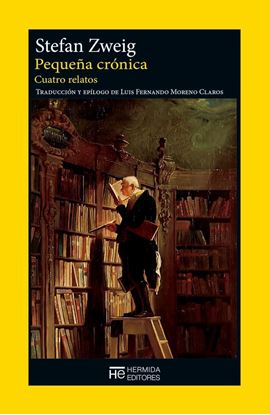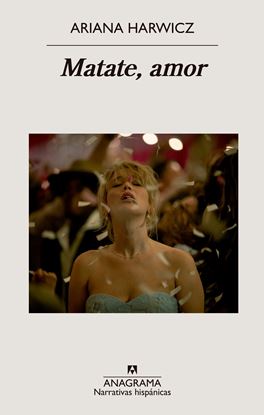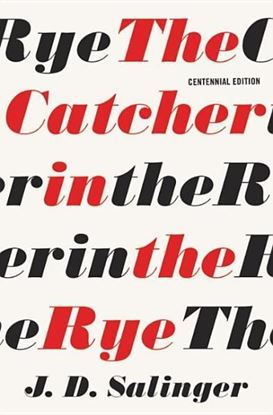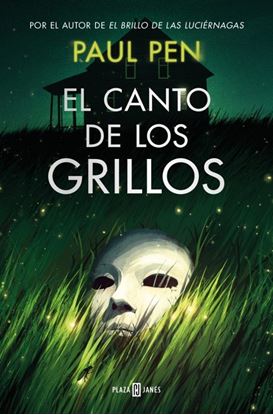

PEQUEÑA CRONICA. CUATRO RELATOS
El volumen Pequeña crónica. Cuatro relatos lo publicó en 1929 la prestigiosa editorial Insel de Leipzig. Era un pequeño tomo de poco más de cien páginas que aparecía cuando el nombre de Stefan Zweig era ya el más cotizado de entre los autores europeos de la época. Los cuatro relatos que contiene tratan de vidas de personas en apariencia insignificantes, pero colmadas por la pasión; en palabras de Zweig: «…tratan de destinos de gente sencilla, de esos destinos que carecen de relevancia pública pero que para los afectados son tremendamente trágicos». «La colección invisible» recrea la historia de un coleccionista de grabados antiguos de los grandes maestros de la pintura universal. En este relato Zweig reprodujo —llevándola al extremo— algo de su propia pasión por las colecciones de autógrafos de grandes literatos y músicos. Según él, «Todos los coleccionistas son hombres felices», y también lo es en apariencia el protagonista de esta historia, aunque ignore de qué profundo abismo proviene su ilusoria felicidad. «Episodio en el lago de Ginebra» relata la peripecia de un soldado ruso que por misteriosas circunstancias aparece como náufrago en las aguas del bello lago suizo: son tiempos de la Gran Guerra, y el pobre hombre se entera de repente que fronteras y leyes incomprensibles para él le impiden regresar a la patria. «Leporella» es la historia de una obtusa y tétrica sirvienta que por sumisión a su amo es capaz de cometer las acciones más reprobables. La historia parece inspirada en el mejor Poe o en el mejor Maupassant. «Mendel el librero» versa sobre un anticuario de libros omnisciente al que apodan «Libromendel», que lo sabe todo de los libros con los que comercia; desde el vienés café Gluck, donde se ubica el centro de su negocio, este viejo judío se relaciona con los bibliófilos más conocidos del mundo, hasta que la confrontación bélica entre las naciones de Europa trastocará su apacible existencia. Este nuevo volumen de relatos del gran Stefan Zweig prosigue con la iniciativa de Hermida Editores de publicar en castellano estas narraciones tal y como vieron la luz la primera vez que se publicaron en alemán: agrupadas en volúmenes autónomos tal y como lo concibió inicialmente su autor. Con este propósito han aparecido ya los títulos: Novela de ajedrez, Amok. Novelas de pasión, Primera experiencia. Cuatro historias del país de los niños, Confusión de sentimientos. Tres novelas y Miedo.
1,450
1,088
EL METRO DE PLATINO IRIDIADO
En El metro de platino iridiado Álvaro Pombo despliega un asombroso repertorio de registros: el buceo visionario y abisal en la psicología de sus personajes, la más elevada especulación psicológica, el inesperado quiebro humorístico, el coloquialismo más certero. Todo ello, lo más profundo y lo más cotidiano, lo trágico y lo cómico, perfectamente fundido y ensamblado en esta novela, ambientada en el Madrid de los años ochenta, tan ambiciosa como lograda.
El matrimonio de Martín y María apareja inevitables consecuencias en su entorno inmediato. Gonzalito, el hermano de María, al principio fascinado por la personalidad de su cuñado, profesor de filosofía y escritor, se ve impulsado a huir a Londres para asumir sus propias pulsiones emotivas. Virginia, la frívola amiga de María, contrae un precipitado matrimonio con un empresario argentino vinculado a los negocios internacionales. Una tragedia familiar determina que todos confluyan en la casa paterna de María, un personaje tan corriente como excepcional que se constituye en el referente radical de las vidas de quienes la rodean, en el metro que las mide.
Esta novela «excepcional» (Rafael Conte), «total, apasionada y apasionante» (Javier Goñi), «escrita con mano maestra» (Carlos Galán) obtuvo el Premio de la Crítica y consagró definitivamente a Álvaro Pombo como un maestro indiscutible de la literatura española contemporánea.
1,450
1,088
MATATE, AMOR
Escribí Matate, amor con ánimo de venganza. No recuerdo nada salvo eso, que una tarde del final de un verano de tormentas eléctricas de 2011 en mi casa en el campo francés, me tiré al pasto, es decir, «me recliné sobre la hierba entre árboles caídos y tuve la impresión de llevar un cuchillo con el que iba a desangrarme de un corte ágil en la yugular». Recuerdo que me levanté del pasto con el cuello ensangrentado, caminé directo a mi cuarto, entré por la ventana y me senté a escribir la primera frase de lo que sería Matate, amor. Pero eso no fue escribir. Eso que llaman escribir es mentira, es algo de lo que hay que dudar, eso que llaman escribir es otra cosa siempre, una guerra, caminar sonámbula, ver enemigos en todos lados, es algo de otra dimensión.
Palabra por palabra, frase por frase, coma por coma, punto por punto, nada fue corregido ni alterado por ningún editor en ninguna edición. No porque sea genial ni por superstición, sino para conservar en esa primera página la música única de esa tarde de fin de verano de 2011. Escribir para hacer perdurar la desaparición. Escribí entonces, como un ajuste de cuentas, como un pacto con la mafia, si no está permitido disparar, incendiar establos o secuestrar vecinos, al menos es otro modo de hacer justicia por mano propia.
1,450
1,088
THE CATCHER IN THE RYE
"If you really want to hear about it, the first thing you'll probably want to know is where I was born, and what my lousy childhood was like, and how my parents were occupied and all before they had me, and all that David Copperfield kind of crap, but I don't feel like going into it, if you want to know the truth."
The hero-narrator of The Catcher in the Rye is an ancient child of sixteen, a native New Yorker named Holden Caufield. Through circumstances that tend to preclude adult, secondhand description, he leaves his prep school in Pennsylvania and goes underground in New York City for three days.
1,450
1,088
EL CANTO DE LOS GRILLOS
El sótano se ha quedado muy vacío tras tu marcha».
Tengo quince años y he vivido toda mi vida en este antiguo faro. Mi hermano y yo vinimos a vivir aquí, con el abuelo, cuando yo todavía era un bebé.
Es un sitio increíble, al borde del acantilado. Me gusta refugiarme del sol en la sombra de la fachada. Me gusta el olor del campo al atardecer. A la zona del túnel prefiero no acercarme. No quiero que el hombre grillo me lleve a vivir bajo tierra. Ya lo he oído dar golpes en la trampilla del terreno alguna noche.
A mi hermano no le gusta que haga preguntas sobre nuestro pasado, sobre quiénes fueron mi madre y mi padre. Como dice él, no todo el mundo tiene una familia como las demás.
Hasta ahora he sido muy feliz aquí.
Pero el otro día, en casa, apareció una caja.
Y, desde que mi hermano vio lo que contenía, nada ha vuelto a ser lo mismo.
1,450
1,088
LA GLANDULA DE ICARO
Una operación quirúrgica que extirpa el impulso sexual masculino, un tren que nos devuelve a cualquier punto del pasado, un invento genético que acerca la vida eterna... En esta mítica colección de relatos, Anna Starobinets retrata sin piedad una humanidad que se tambalea. Ciencia y religión, razón y pasiones, instinto y civilización: no hay pieza del puzle humano que escape a su mirada, a la vez devastadora y comprensiva. La glándula de Ícaro es una distopía que roza peligrosamente lo real, donde la ciencia es solo una excusa para abrir en canal a sus protagonistas y revelar sus engranajes. La obra de Starobinets es puro «horror lírico». Esta colección de relatos está repleta de pesadillas que amenazan no solo con cumplirse, sino con ser realidad en el momento en que se leen.
1,450
1,088














